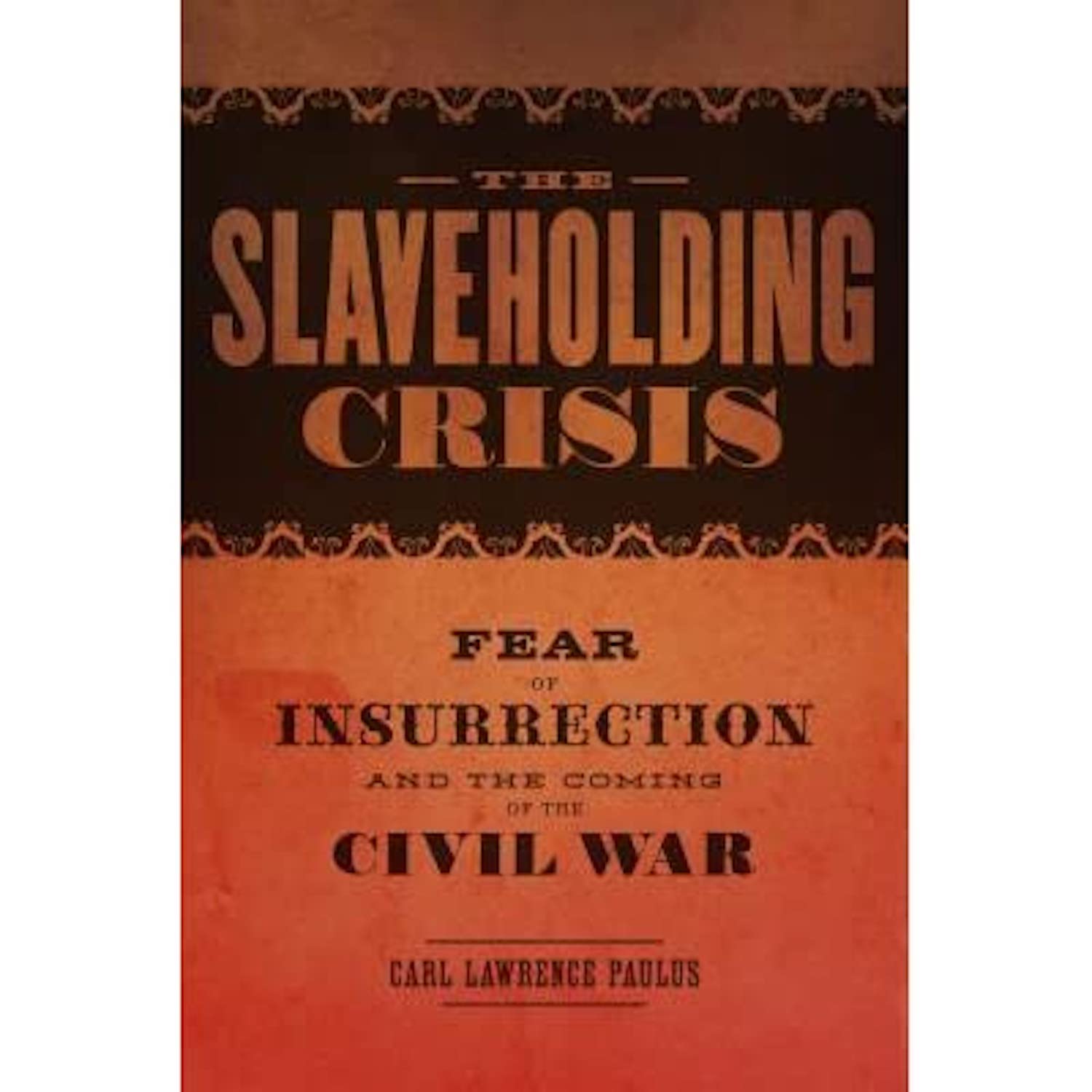
UM-Dearborn Executive Writer Carl Paulus has a history with the University of Michigan. His family’s had football season tickets since the 1960s. Carl was in the stands when running back Tim Biakabutuka rushed for 313 yards and a touchdown, denying the Buckeyes a national championship and a trip to the Rose Bowl. (It’s a fitting memory to recall, considering our recent football Saturday win.) And he earned his undergraduate degree, studying history, from U-M before getting a Ph.D. from Rice University.
After nearly a decade working in politics at the nation’s capital — where history is made all of the time — Carl came back to his home state and the University of Michigan family in early 2020.
Get to know Carl, a Michigan alumnus, persuasive writer and civic-minded communicator, who works to inspire the leaders and best.
You’ve worked as a writer in Washington, D.C. for nearly a decade. In that time, you experienced two presidential inaugurations. What was that like?
“I was fortunate to land a job in the U.S. House of Representatives after graduate school. I eventually found myself working on presidential campaigns, in the Senate and eventually in the Department of Health and Human Services before coming home to Michigan. In my last political position, I focused mostly on the opioid crisis and lowering the cost of pharmaceuticals.
I got to D.C. right before President Barack Obama’s second inauguration. It was a big party atmosphere — kind of like a championship team parade. President Donald Trump’s inauguration was more formal, more tense. They both have very different styles. It was pretty amazing to be in D.C. for two inaugurations and see people get ready for them.
There are many good people in D.C. who are trying to do what they feel is best for our country. But during my last couple years there, I felt like the politics became a bit too toxic. When considering where we wanted to start a family, my wife Sarah and I jumped at the chance to move to Michigan. I’m glad we did. The timing was right for us.”
Is life in Michigan slower than it was in D.C.?
“It’s different, but not quite slower. We now have a 14-month old, so a lot of my non-work time is spent chasing him around.”
What’s your son’s name?
“William Quincy Paulus, his middle name is for President John Quincy Adams. John Quincy Adams had an epic post-presidency. After he ran for re-election and was defeated by Andrew Jackson, he could have stepped out of politics — he already served as the president. But he wanted to serve his country and the public. He was eventually elected to the House of Representatives where he fought against a ‘gag rule’ that southern Congressmen put it place to automatically table petitions against slavery; which he eventually helped get repealed. He stood against the Slave Power until he collapsed on the House floor and died shortly thereafter. John Quincy Adams showed that you don’t have to be the president to fight for your ideals. That’s important to remember.”
You have a deep interest in history. And you’ve done executive communications, which includes speech writing, for many years. In your opinion, who are some exemplary speech writers from our past?
“My wife Sarah is a historian who studies Abraham Lincoln, and we've often discussed his speeches. The beauty of his speeches is how masterful the language works both as read and spoken. President Lincoln had a unique ability to deploy wit, aspiration, joy or sobriety depending on the situation called for.
During the early days of the pandemic, I read Prime Minister Winston Churchill's speeches during World War II because of how he spoke about hope during a crisis. Churchill knew that the public needed messages of hope and he responded to that need in an authentic way.”






